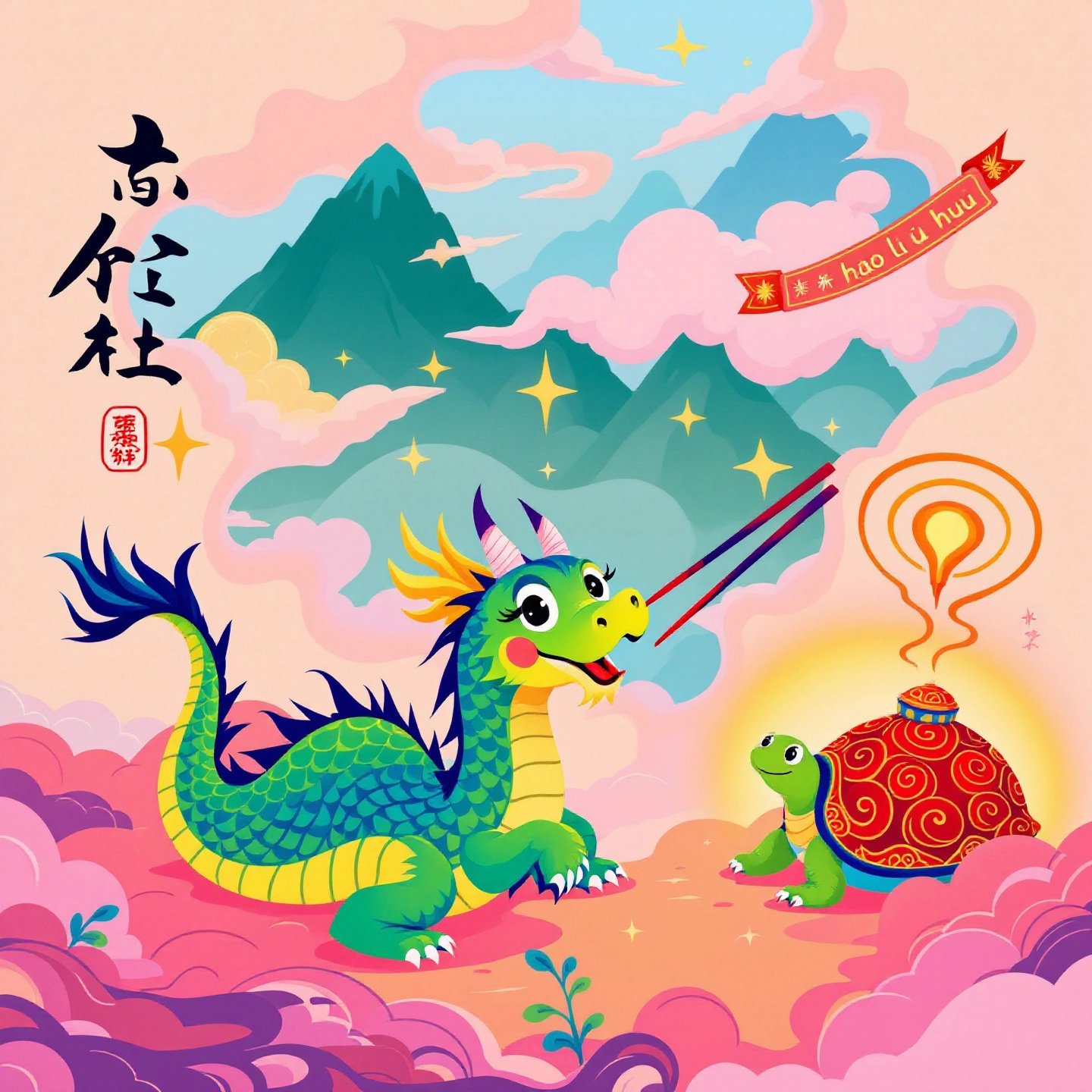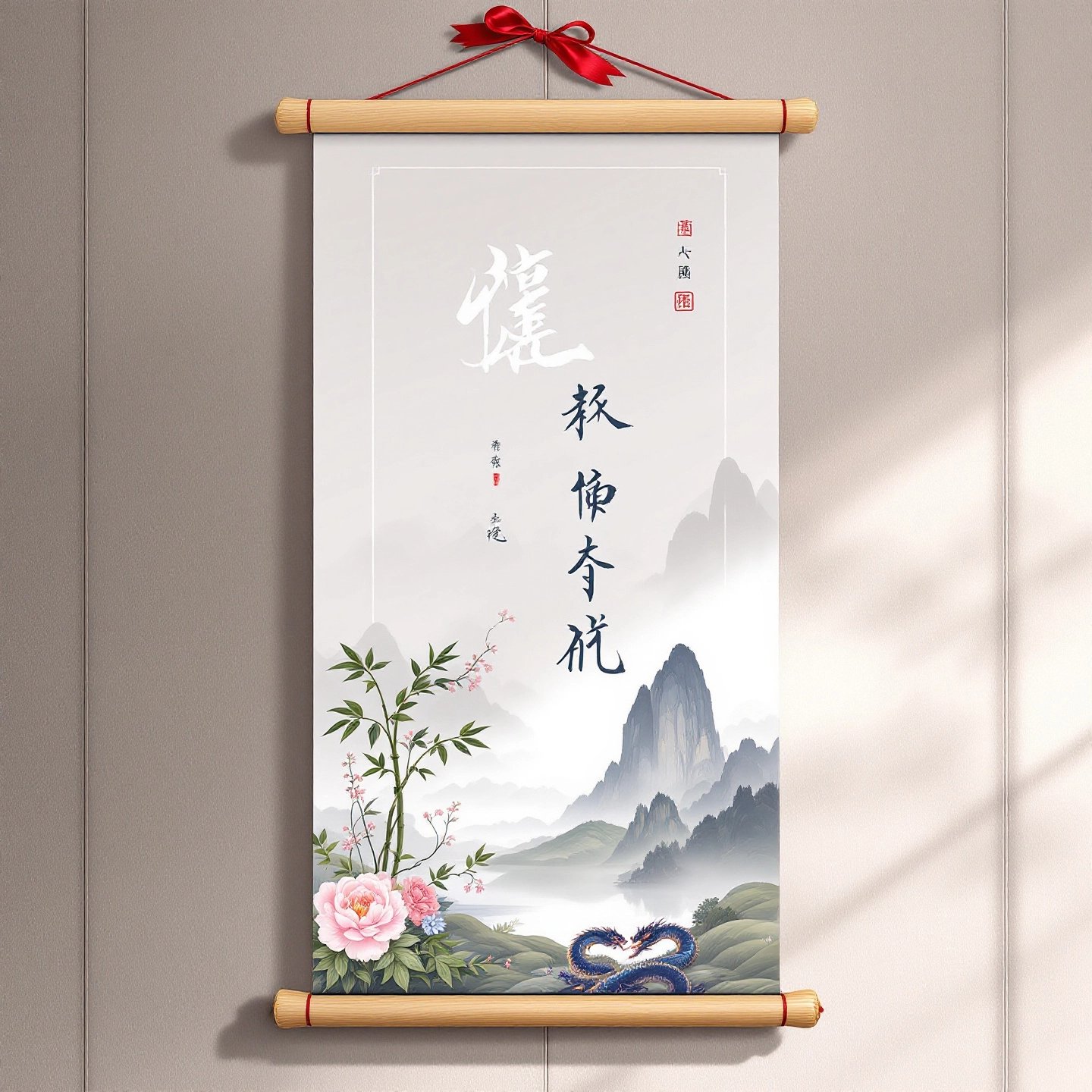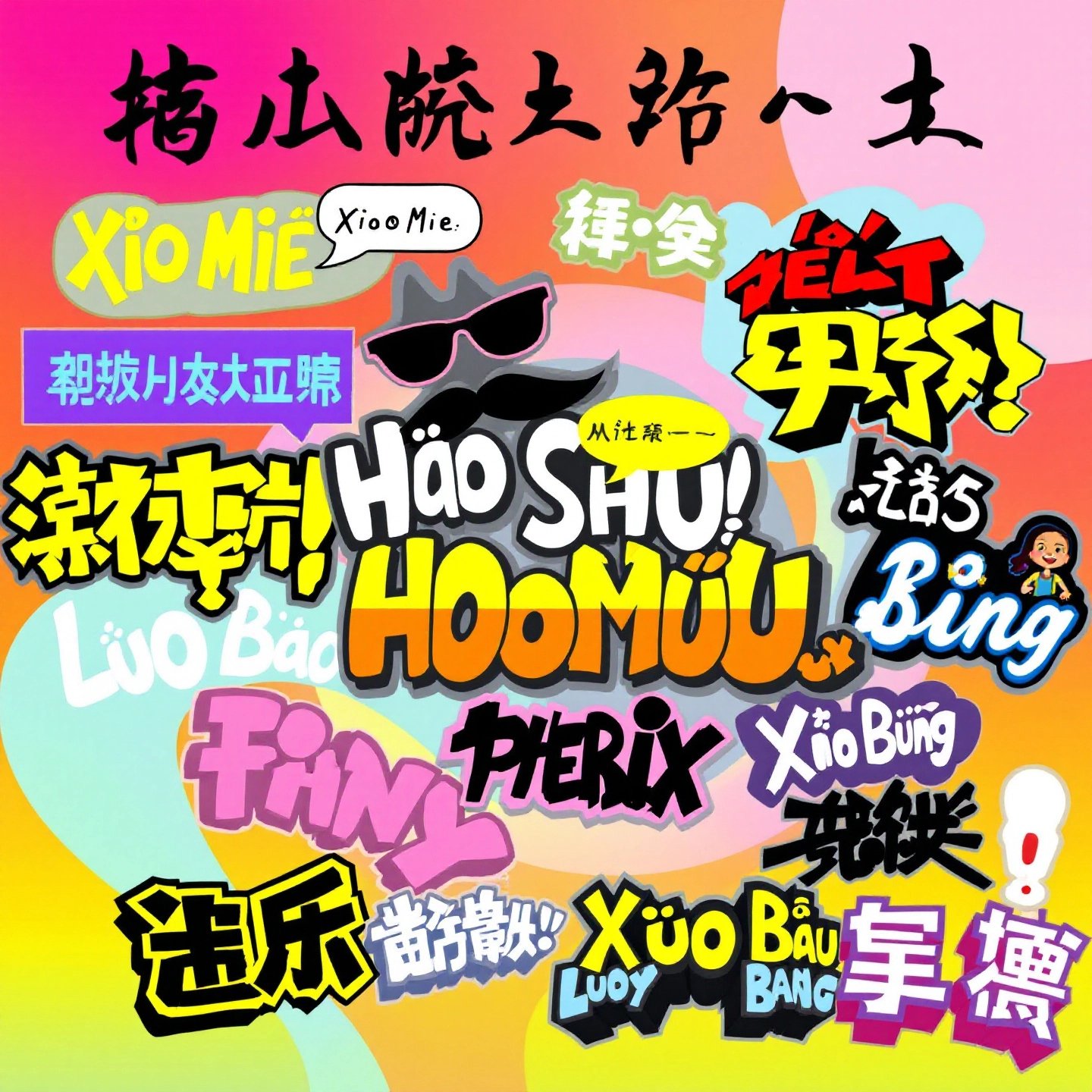Introduction to Humorous Chinese Names
Have you ever come across Chinese names that sound amusing in English? This delightful intersection of language and culture is where the charm of humorous Chinese names lies. These names often arise from a blend of wordplay, puns, and cultural references, reflecting a rich tapestry of linguistic creativity. In Chinese naming traditions, humor is not just about laughter; it’s a clever play on words and meanings that can convey deeper social and cultural messages.
Typically, Chinese names consist of a surname and a given name, with each character carrying significant meaning. However, when these names are transliterated into English, they can sometimes sound like funny phrases or words. For instance, a name like "Wang Wei" might be humorously perceived as "wrong way" to English speakers, showcasing how phonetic similarities can lead to unexpected humor.
The growing popularity of funny Chinese nicknames can be seen in modern contexts such as social media and gaming. Platforms like Douyin (the Chinese version of TikTok) and WeChat are buzzing with users adopting playful names that often incorporate puns or cultural nods. These names not only serve as a form of personal expression but also engage audiences through their cleverness and wit.
In essence, humorous Chinese names are a testament to the linguistic ingenuity and cultural richness of the Chinese language. They highlight how language can be both a tool for communication and a medium for creativity, allowing individuals to express their identity and humor in unique ways. As we delve deeper into this cultural phenomenon, we will uncover the historical roots and modern trends that continue to shape this fascinating aspect of Chinese naming.
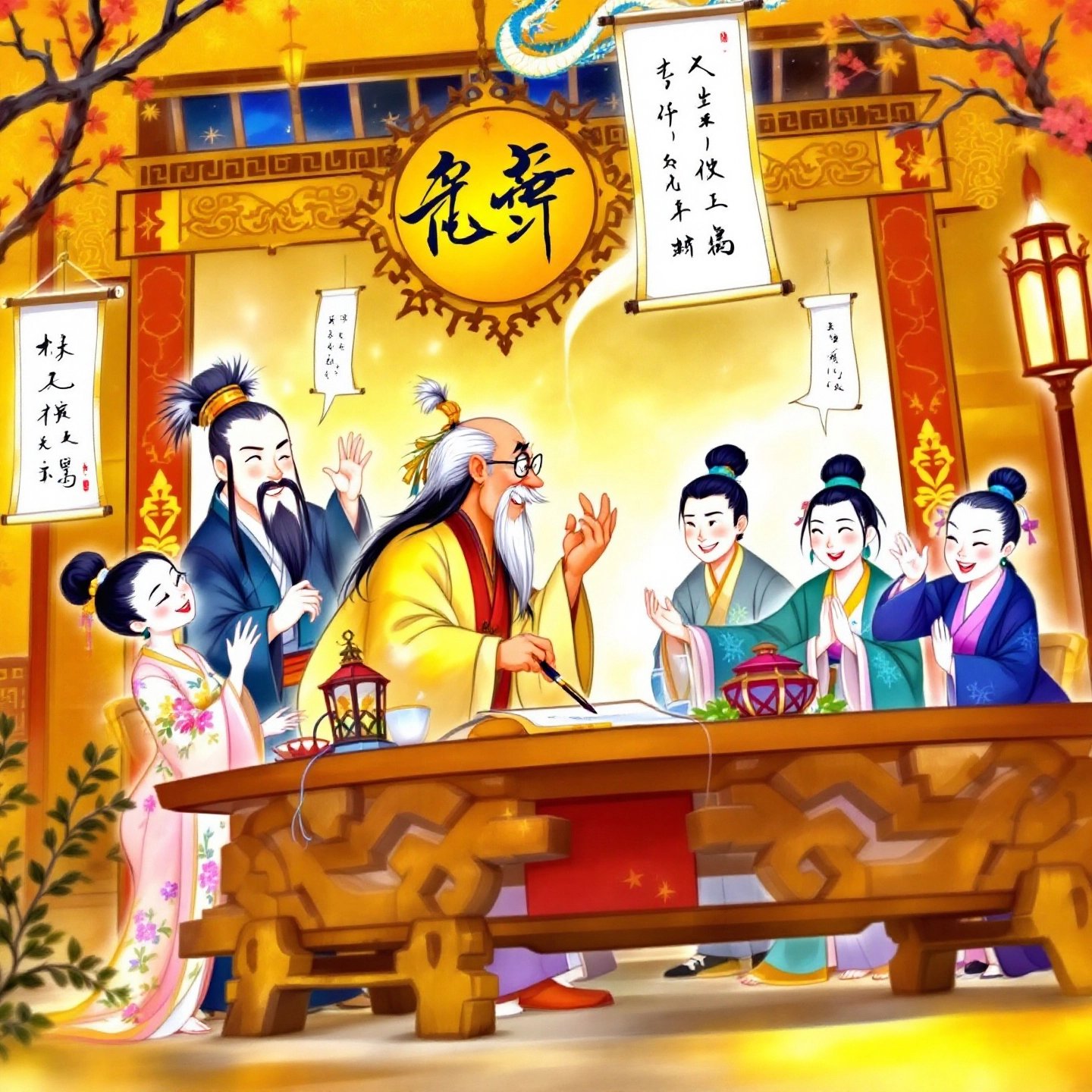
Historical Roots of Humor in Chinese Naming
Have you ever wondered how humor has found its way into Chinese names throughout history? The integration of humor into historical Chinese names is not a modern invention but deeply rooted in the rich tapestry of Chinese literature and folklore. From classical texts to dynastic tales, humor in naming has long been a subtle yet powerful tool for social commentary and entertainment.
Witty Names in Classical Literature
In classical Chinese literature, names often served as a canvas for wit and satire. For example, the works of the Yuan Dynasty's comedic plays are replete with characters whose names were crafted to elicit laughter while conveying deeper societal critiques. These plays, known for their clever dialogue and humorous plotlines, often featured characters with names that played on words or cultural references, highlighting the playwrights' linguistic prowess.
Folklore and Dynastic Eras
Folklore, too, is rich with witty Chinese names that have been passed down through generations. These names often carried double meanings or puns, reflecting the humor and creativity of the storytellers. During the dynastic eras, satirical names were used to mock societal norms or poke fun at authority figures, providing a safe outlet for public dissent and entertainment.
- Shishuo Xinyu (A New Account of Tales of the World): This collection of anecdotes from the Eastern Jin Dynasty is filled with humorous tales and witty names that reflect the social dynamics of the time.
- Liezi: A Daoist text known for its philosophical depth and humor, featuring characters with names that often carried hidden meanings or jokes.
- Despite being primarily a philosophical text, The Analects of Confucius contains anecdotes that use humor, sometimes through playful naming, to humanize their subjects.
Through these literary and historical lenses, we see that humor in Chinese naming is more than just a playful twist; it is a reflection of cultural values, societal norms, and the timeless human inclination toward creativity and satire. As we transition to modern interpretations, you'll notice how these historical roots continue to influence contemporary humorous Chinese names, blending tradition with modernity in delightful ways.
Cultural Significance of Playful Names
Imagine the joy of discovering a name that identifies a person and brings a smile to your face. In Chinese culture, cultural names often serve as more than mere identifiers; they are reflections of deep-seated values such as creativity, resilience, and social commentary. These playful names are crafted with an eye for linguistic artistry, often embedding puns, homophones, and cultural references that resonate with both the name-bearer and the wider community.
Traditionally, Chinese names have been chosen with extreme care to avoid taboos or negative connotations. For instance, names were selected to steer clear of characters associated with misfortune or ill omens. This cautious approach underscores a cultural emphasis on harmony and auspiciousness. However, as society has evolved, so too have naming conventions, embracing humor and irony as a form of social commentary. Modern creative Chinese names often playfully subvert these traditional norms, using humor to make light of societal expectations or to poke fun at contemporary issues.
Traditional vs. Modern Humor in Names
In the past, humor in naming was subtle and often veiled in metaphor. It was a tool for indirect criticism or satire, allowing individuals to express dissent or critique without overt confrontation. This tradition of indirectness aligns with broader Chinese cultural practices, where subtlety and nuance are highly valued.
Conversely, humorous modern names are more overt and bold, reflecting the increased acceptance of irony and satire in contemporary Chinese society. This shift can be attributed to the rise of digital communication platforms, where playful and witty names thrive in the fast-paced, informal environment of social media and online gaming.
Ultimately, the evolution of humorous Chinese names from traditional to modern contexts highlights a dynamic interplay between cultural preservation and innovation. Not only do these names showcase linguistic creativity, but they also serve as a reflection of the shifting cultural values and societal norms. As we delve into the current trends of humorous Chinese names, you'll see how these playful monikers continue to captivate and entertain, bridging the gap between age-old traditions and modern expression.

Modern Trends in Humorous Chinese Names
In the digital age, the landscape of humorous modern names has evolved significantly, with internet slang and pop culture references becoming central to the creation of amusing Chinese names. As social media platforms like Douyin and WeChat gain popularity, users are increasingly adopting witty and playful names that resonate with contemporary culture.
Internet Slang and Pop Culture Influence
The integration of internet slang into naming conventions is a hallmark of modern humorous Chinese names. Terms from Chinese internet slang like "yyds" (永远的神) and "xswl" (笑死我了) have found their way into personal nicknames and online personas. These acronyms, which stand for phrases like "eternal god" and "laughing to death," respectively, add a layer of humor and cultural relevance, making them popular choices for funny Chinese names for games and social media.
Pop culture references also play a significant role. Characters from popular films, TV shows, and even memes are often incorporated into names, creating a sense of shared cultural experience and humor. This trend reflects the dynamic nature of Chinese naming practices, where traditional elements are blended with modern influences to create names that are both entertaining and meaningful.
Comparing Traditional vs. Contemporary Humorous Names
| Traditional Humorous Names | Contemporary Humorous Names |
|---|---|
| Subtle wordplay and puns | Internet slang and pop culture references |
| Veiled social commentary | Direct and bold humor |
| Cultural and historical references | Memes and trending topics |
While traditional humorous names often relied on subtlety and indirectness, contemporary names are characterized by their bold and direct nature. This shift is indicative of broader societal changes, where modern communication favors brevity and wit.
Tools for Creating Humorous Names
For those looking to craft their own humorous Chinese names, tools like the Chinese Name Generator offer an effortless and effective solution. This AI-driven tool simplifies the process of generating culturally authentic yet funny names, perfect for platforms like Douyin or WeChat. By blending creative wordplay with cultural nuances, users can create names that are not only humorous but also deeply rooted in Chinese culture.
In conclusion, the modern trends in humorous Chinese names reflect a vibrant blend of tradition and innovation. As digital communication continues to shape cultural expressions, these names serve as a fascinating lens through which to view the evolving landscape of Chinese identity and humor. Next, we'll explore creative examples that highlight the playful nature of these names, offering inspiration for your naming adventures.
Examples of Humorous Chinese Names
Creativity is boundless when crafting funny Chinese name examples. These names often play on the rich tapestry of the Chinese language, leveraging puns, homophones, and pop culture references to create designations that are both amusing and meaningful. Below, we explore some categories and examples of humorous Chinese names that showcase the playful side of language.
Puns and Wordplay
- Xiao Ku (小酷): Translating to "Little Cool," this name is a playful nod to someone who exudes a relaxed and trendy vibe.
- Wang Wei (王伟): While a common name, in English, it humorously sounds like "wrong way," illustrating the fun in phonetic coincidences.
Homophones and Cultural References
- Li Hai (厉害): Meaning "awesome" or "fierce," this name can also be a clever pun when pronounced similarly to "厉害," often used in internet slang to praise someone's skills.
- Ma Ma Hu Hu (马马虎虎): Meaning "so-so" or "careless," this name is a humorous choice that plays on the phrase's dual meaning in Mandarin.
Pop Culture Nods
- Ying Xiong (英雄): Translating to "hero," this name is a popular choice for gamers and fans of action films, adding a touch of drama to one's online persona.
- Ai Ren (爱人): Meaning "lover," this name is often used humorously in romantic contexts or as a playful nickname among friends.
These examples highlight the diversity and creativity inherent in creative Chinese name ideas. Whether you're looking to express a personal trait, make a cultural reference, or simply bring a smile to someone's face, humorous Chinese names offer endless possibilities.
For more inspiration and tips on creating your own playful moniker, refer to our blog post on funny Chinese nicknames. Here, you'll discover how the Chinese Name Generator can help you find the perfect balance of humor and cultural authenticity, making it easier than ever to craft a name that resonates with your personality and style.
Naming Pitfalls to Avoid
As delightful as humorous Chinese names can be, navigating the intricacies of Chinese naming conventions requires a nuanced understanding of cultural sensitivities. The rich tapestry of the Chinese language, with its tonal variations and deep-seated cultural references, can sometimes lead to unintended meanings or misunderstandings. Here, we explore common Chinese naming pitfalls and how to avoid them, ensuring your chosen name is both playful and respectful.
Tonal Misunderstandings
Chinese is a tonal language, meaning that the pitch or intonation used when pronouncing a word can change its meaning entirely. These variations can lead to humorous or even offensive misinterpretations if not handled carefully. For example, the word "mǎ" (马) means "horse," while "mā" (妈) means "mother." A slight tonal error can thus transform a name's meaning dramatically.
- Solution: To ensure you apply the correct tones to your chosen name, always consult with native speakers or use reliable resources.
Unintentional Offensive Meanings
Some names might inadvertently resemble words or phrases with negative or inappropriate connotations. This is especially true when names are transliterated into English, where phonetic similarities can lead to unexpected associations.
- Solution: Research the phonetic and semantic implications of your chosen name in both Chinese and English to avoid offensive Chinese names.
Cultural and Historical Sensitivities
In one context, humorous names might be associated with historical figures or events that carry significant cultural weight. Using a name that sounds like a well-known historical figure, for example, could be viewed as disrespectful.
- Solution: Gain a basic understanding of Chinese history and culture to ensure that your chosen name doesn't inadvertently disrespect cultural icons or historical events.
Common Mistakes and How to Prevent Them
- Avoid using names of elder family members, as the practice can be considered disrespectful.
- Steer clear of names with unfortunate homophone combinations that might carry negative meanings.
- Do not write names in red ink, as it is traditionally associated with death.
- Avoid creating random nicknames without understanding their cultural implications.
By avoiding these pitfalls, you can ensure that your funny Chinese name is creative, entertaining, and culturally appropriate. As we continue our exploration of humorous Chinese names, remember that the key to successful naming lies in balancing creativity with cultural sensitivity.
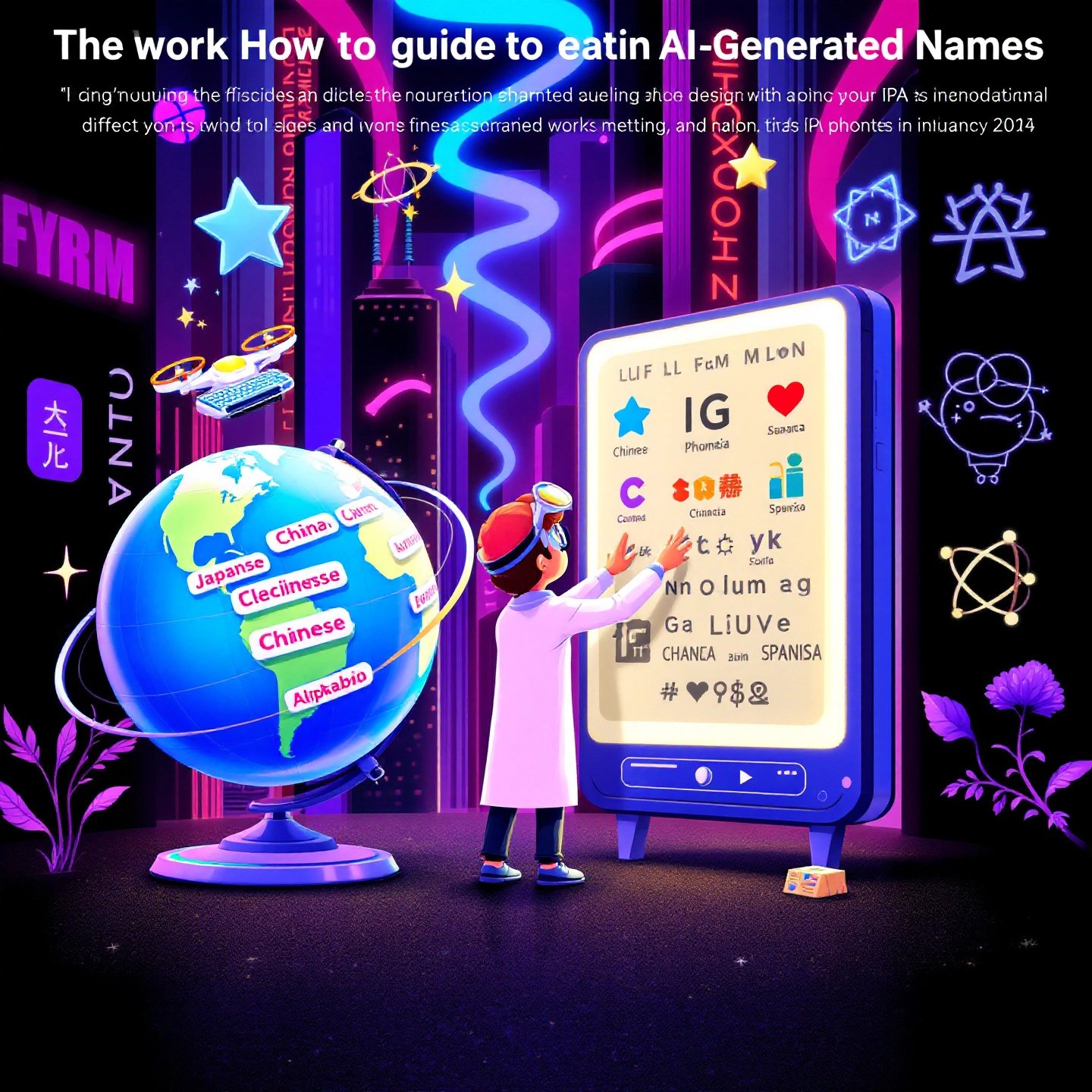
How to Create Your Own Humorous Chinese Name
Creating a quirky Chinese name that resonates with both humor and cultural depth can be a rewarding endeavor. Whether you're looking for a playful moniker for social media or a personalized nickname for gaming, the process involves a blend of creativity and cultural awareness. Here's a step-by-step guide to help you craft a name that's both amusing and meaningful.
Step 1: Start with Phonetic Play
Phonetic play is a cornerstone of humorous Chinese naming. Begin by experimenting with sounds that are easily recognizable or amusing in both Chinese and your native language. For instance, names like "Xiao Ku" (小酷), meaning "Little Cool," can be both catchy and entertaining. Consider how the name sounds when spoken aloud and whether it evokes a playful or humorous reaction.
- Choose syllables that are easy to pronounce and remember.
- Experiment with alliteration or rhyming patterns for added humor.
Step 2: Incorporate Cultural Symbols
Infusing cultural symbols into your name adds depth and authenticity. The process could involve selecting characters with positive meanings or those that reflect personal traits or aspirations. For example, using characters like "龙" (dragon) or "虎" (tiger) can symbolize strength and courage, while "笑" (laugh) or "乐" (joy) can enhance the name's humor.
- Research the meanings of characters to ensure they align with your intentions.
- Consider traditional symbols that resonate with your personality or interests.
Step 3: Test for Clarity and Cultural Appropriateness
Before finalizing your name, it's crucial to test it for clarity and cultural appropriateness. Consult native speakers to ensure the name's pronunciation and meaning are accurate and free of unintended connotations. This step helps avoid potential Chinese naming pitfalls and ensures your name is respectful.
- Seek feedback from Chinese friends or language experts.
- Verify that the name does not inadvertently mimic offensive or sensitive terms.
Utilizing AI Tools for Personalized Names
For those seeking additional guidance, AI tools like the Chinese Name Generator offer a convenient way to generate personalized Chinese names. These tools allow you to input preferences such as tone, gender, and language style, providing culturally nuanced suggestions that blend humor with authenticity.
By following these steps, you can create a humorous Chinese name that not only entertains but also respects the cultural richness of the language. As you embark on your naming journey, remember that the best names are those that reflect your personality while honoring the cultural context in which they exist. Next, we'll conclude our exploration by summarizing the balance between tradition and modernity in humorous Chinese names.
Conclusion
As we wrap up our exploration of humorous Chinese names, it becomes evident that these names beautifully bridge the gap between tradition and modernity. They serve as a testament to the enduring creativity and adaptability of Chinese culture, reflecting both historical influences and contemporary trends. Whether through subtle wordplay or bold internet slang, these names encapsulate the spirit of a culture that values both linguistic artistry and cultural depth.
Embracing humorous Chinese names allows individuals to express their identity in a way that is both personal and culturally rich. These names are more than just playful monikers; they are a reflection of one's connection to cultural heritage and modern expression. By exploring creative naming, individuals can discover new ways to engage with their cultural roots while also participating in the ever-evolving landscape of modern identity.
For those looking to craft their own unique and culturally resonant names, tools like the Chinese Name Generator offer invaluable assistance. These AI-powered tools simplify the process of creating personalized names that honor the nuances of Chinese culture while incorporating modern influences. By inputting preferences such as desired traits or themes, users can generate names that are both humorous and meaningful, ensuring a perfect balance of tradition and innovation.
In conclusion, the journey of crafting humorous Chinese names is one of creativity and cultural appreciation. As you explore this fascinating aspect of Chinese naming, remember that the most meaningful names are those that resonate on a personal level while respecting the rich tapestry of cultural traditions. So go ahead, embrace the humor in Chinese naming, and let your creativity shine through a name that speaks to both your individual identity and the cultural depth it embodies.
Frequently Asked Questions
1. What are some Chinese nicknames?
Chinese nicknames often reflect affection or traits, such as '宝宝' (Bǎo bɑo), meaning 'babe' or 'honey,' and '妞妞' (Niū niū) for 'little girl.' Families and friends frequently use these names to express endearment.
2. Why do Chinese add Xiao to names?
The prefix 'Xiao' (小) means 'small' or 'little' and is used as an affectionate term, similar to 'little' in English. It denotes familiarity and is often used among friends and family to convey warmth and closeness.
3. What is a very common Chinese name?
A very common Chinese name is Zhang Wei (张伟), which is prevalent in mainland China. It combines a popular surname with a given name that signifies greatness or strength.
4. How can I create a humorous Chinese name?
To create a humorous Chinese name, start with phonetic play, incorporate cultural symbols, and test for clarity. Tools like the Chinese Name Generator can assist by providing culturally nuanced suggestions.
5. What are some pitfalls to avoid when choosing a Chinese name?
Avoid tonal misunderstandings and unintended offensive meanings. Ensure the name respects cultural and historical sensitivities, and verify its appropriateness with native speakers.
